Our Top Tips On How to Take Back Control.
Since we are little girls we are entered into an educational loop where sometimes it can be hard to understand ourselves and what’s going on within us. But, look no further, today we are introducing you to, Sophia, an expert in all things hormones and women’s health because we shouldn’t take our period for granted. Keep an eye on her if you want to deeply connect with yourself we can’t be more excited to deep dive into our bodies.
Since lockdown, I’ve had countless women approach me to seek my advice on supporting their hormones. From acne, missed periods, painful PMS and even feeling lethargic, it’s undeniable that COVID-19 has affected us all in various ways.
But did you know that our hormone health not only manifests in our physical well being, but also our mental and emotional wellbeing? In fact, several studies show that hormone imbalances can cause anxiety and depression which, during this year’s global epidemics, many of us are already struggling to cope with.
Although nutrition and our gut health play a huge role in our hormone health, in my personal and professional opinion, not enough importance is placed on the role of stress as well. During these uncertain times, it’s natural for us to feel stressed. However, it’s how we manage this that will make a huge difference.
After all, the mind and body are intricately connected. Our bodies do not recognize the difference between physical, mental, or emotional stress. When it perceives that there is danger, it will trigger a ‘fight’ or ‘flight’ response which, for prolonged periods, wreaks havoc on our hormones.
By taking a holistic approach, you can get down to the root cause of your hormone imbalances collectively rather than treating the symptoms individually. This will save you a lot of time and money.
10 Tips To Help Balance Your Hormones By Managing Your Stress Levels

1. Sleep & Switch Off
Sleep truly is the best medicine. We need on average seven to eight hours of sleep so that we can function on a physical and mental level. A simple way to make sure you are getting sufficient sleep is to set your phone to automatically go into ‘night-time mode’ and to push ‘sleep’ reminders. If you are waking up the next morning still feeling fatigued or experiencing a lack of concentration or mood swings, then listen to your body. It could be a sign that you need extra sleep, or you are suffering from adrenal fatigue.
If you are facing difficulty falling asleep or having a quality night’s sleep, then I would recommend investing in blue-blocking sunglasses and reducing your exposure to light-emitting screens (such as your laptop, mobile phone, and TV) one to two hours before bed. These devices make your brain active and turn off the production of melatonin, making you feel like you aren’t tired.

2. Reduce your intake of alcohol
A recent survey indicated that 70% of Australians have increased the amount of alcohol they are drinking during the COVID crisis. Although I am a huge advocate of ‘balance’, drinking excessively can make it harder for your liver to remove toxins from your body and cause inflammation, another root cause of hormone imbalances.
If you do enjoy an alcoholic drink, the next day increase the amount of dark leafy greens on your plate (such as broccoli, kale, and spinach) and drink plenty of filtered water to flush your system out and keep your hormones balanced.

3. Coffee
With so much conflicting information about whether caffeine is good for you or not, you may be left confused. Again, this differs woman-to-woman. Caffeine is another stimulant that can raise your cortisol levels (the stress hormone), deplete vital vitamins and minerals, and interfere with gut flora. If you are struggling with your period, mood, and low energy levels, chances are that coffee could be making your symptoms worse.
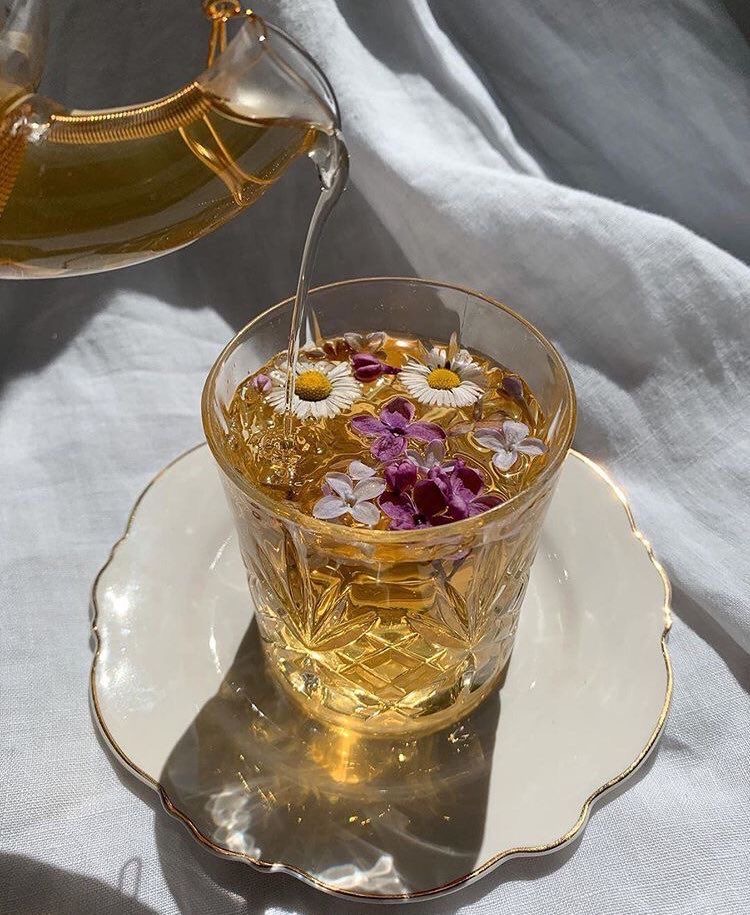
4. Drink Herbal Tea
Herbal teas have a dual purpose. Not only are they a soothing substitute for caffeine but they also allow you to create space for yourself. They give you permission to carve some ‘me-time’ and be present. Specific teas that contain nourishing nutrients for your female health are raspberry and nettle leaves, whilst calming options include camomile and holy basil tea.
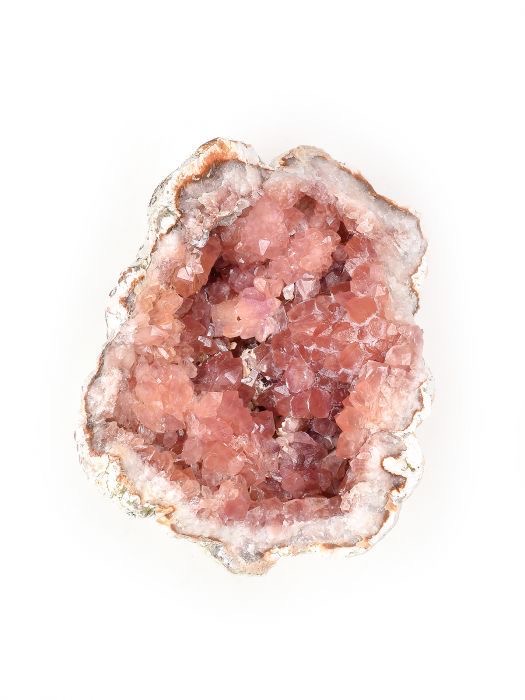
5. Practising Mindfulness
Often when we think of practicing mindfulness, we think of meditation. You’re most likely to have heard it countless times: meditation can help to ease anxiety and depression. But the problem is that meditation is not for everyone. Mindfulness can take any form that creates space and allows you to reconnect with yourself—whether it’s cooking, reading, or dancing.
You could also keep a journal where you list three things you’re grateful for each day. Positive reframing will help to put you in a better mood and look on the brighter side (which is very much needed right now).
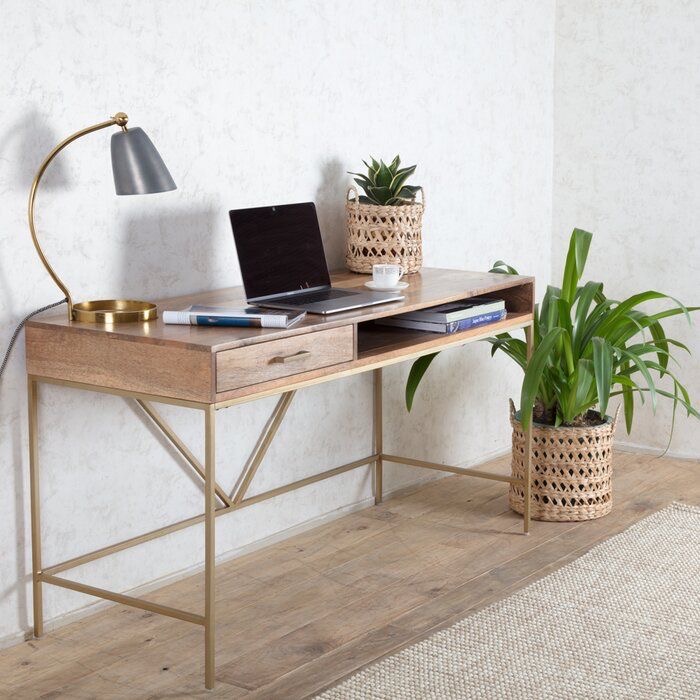
6. Create a Separate Dedicated Working Space
A key benefit of working from home is the flexibility it has granted us. Now we can rock up at our desk, straight out of bed, in a matter of seconds (and still wearing our pajamas). For some of us, perhaps your bed is also your desk. This can, however, mean that the lines between ‘working’ and ‘relaxing’ become blurred. And, despite this year giving us the golden opportunity to slow down, many of us are admitting that we are actually working extra hours.
By creating a separate working space, you will make it easier for yourself to shut down the computer when your workday has finished and mentally switch off. For those of you with limited room available, a separate space does not necessarily have to be in a different room, rather an area.
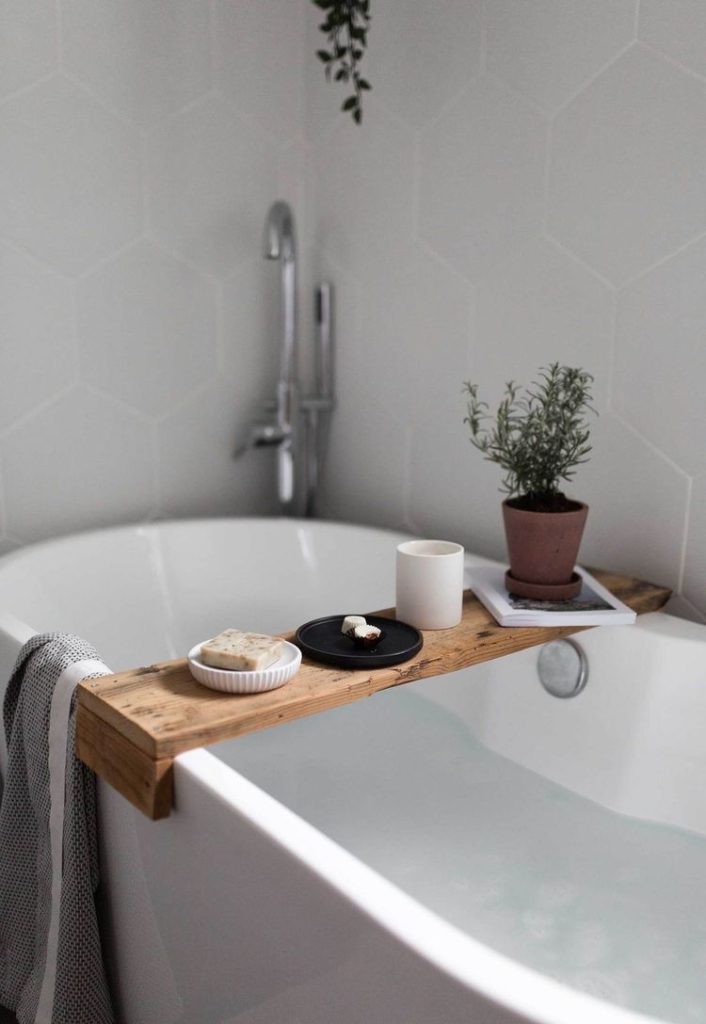
7. Soak in Warm Bath
This is one of my favorite night-time rituals to help me to unwind, particularly during the cold winter months. Fully relax by adding Epsom salts, a few drops of lavender essential oils too—and even some rose petals for a more luxurious feel.
Epsom salts are really magnesium-sulfate salts. This mineral is best known for calming the nervous system and hypothalamic pituitary adrenal (HPA) axis (our central stress response system) and promoting a good night’s sleep. Normally magnesium supplementation is my top recommendation for women experiencing hormone imbalances. Unfortunately, many of us are deficient in it, especially as stress depletes it from our bodies.
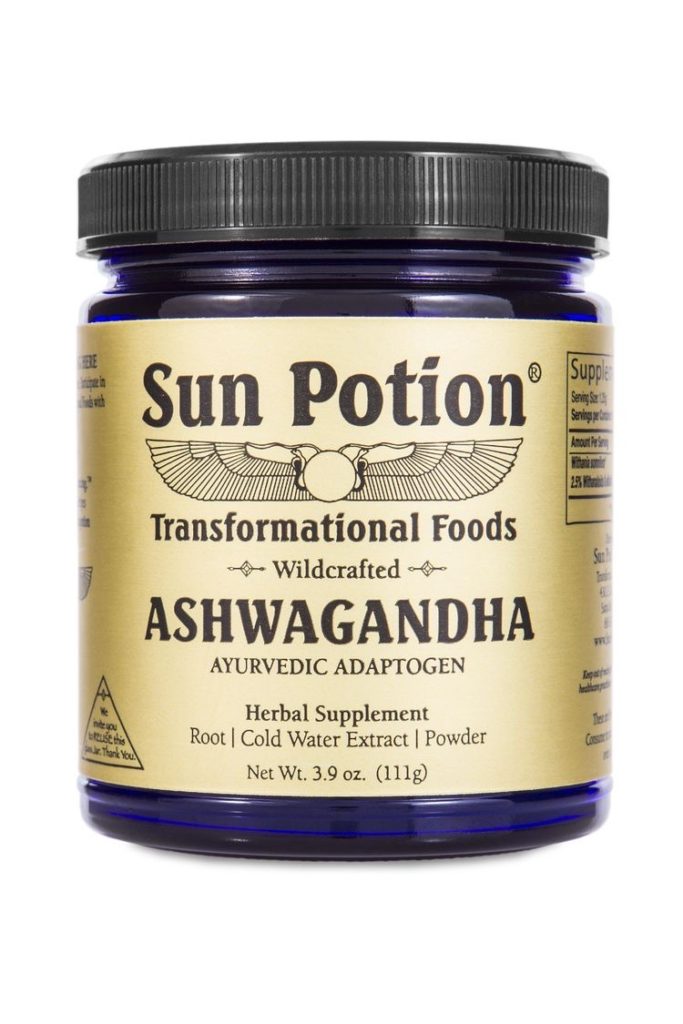
8. Take Adaptogens
Adaptogenic herbs support the body to accommodate physical and emotional stress as well as energy. Unlike caffeine, adaptogens give us a lift without the crash. Specifically, ashwagandha is a popular adaptogen best known for its calming effect to diminish anxiety, improve sleep and boost energy and libido levels.
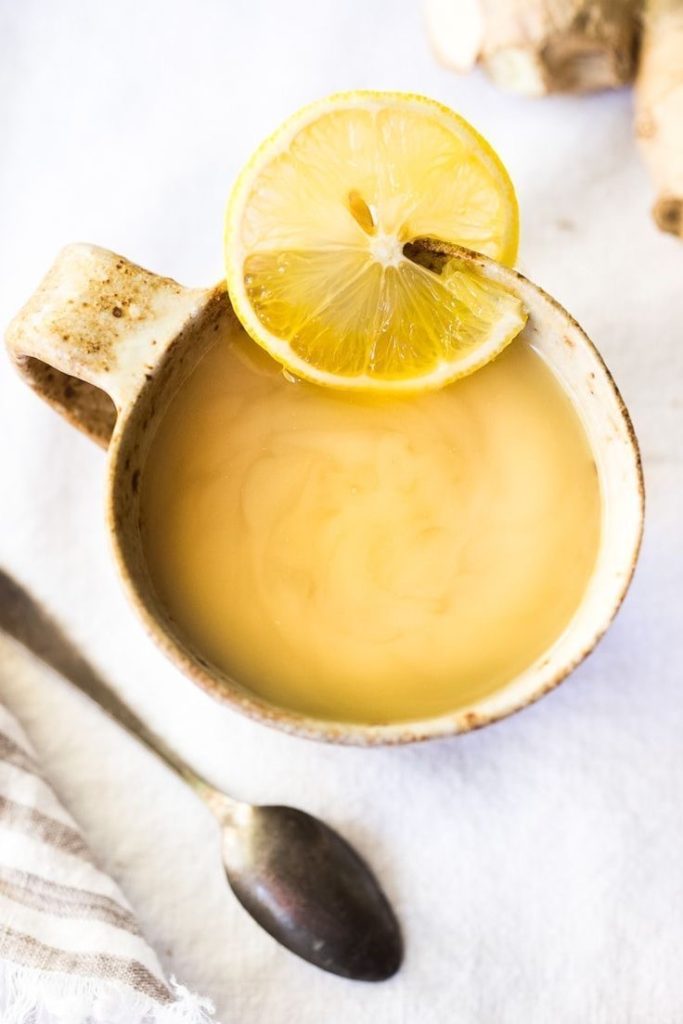
9. Apple Cider Vinegar
A skin flare-up, particularly around the jawline, normally highlights hormone-related issues. This can create a vicious cycle within itself, with stress triggering a breakout and your breakout triggering stress! I suggest drinking a tonic made up of apple cider vinegar, lemon, and hot water as soon as you wake up to help kickstart your digestive system and fight acne, leaving you with glowing skin.
Tip: The acid from the vinegar can cause enamel erosion of your tooth, so make sure you drink the tonic through a straw.

10. Movement
Exercise is undoubtedly great for you and your hormones, with benefits including immune-boosting and stress relief. However, if you are stressed, high-intensity workouts could do more harm than good. By pushing your body further into overdrive, you may increase your cortisol levels.
A good indication of how exercise affects your stress levels is monitoring whether the workout leaves you feeling energized or depleted afterward. As an alternative, opt for lower intensity exercises that nourish your body whilst still getting your blood pumping, such as pilates, yoga, or walking.





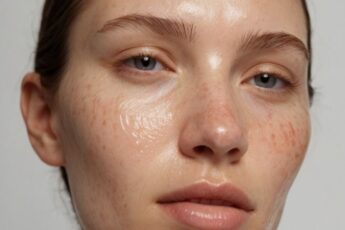


Leave a Comment